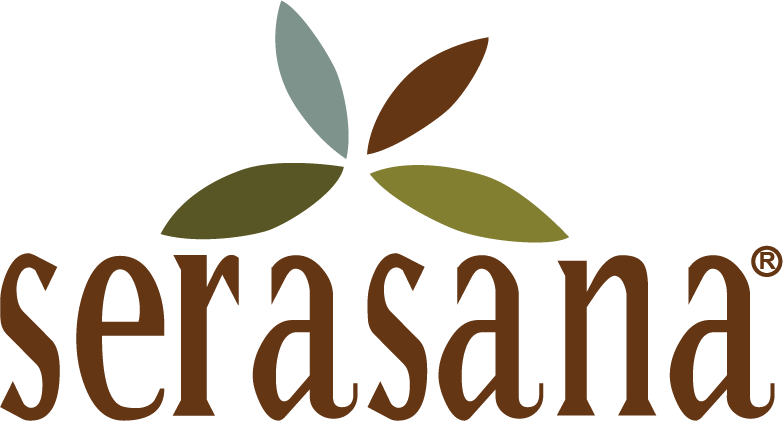While optimum wellness is a major goal for many individuals, sometimes a disease like cancer gets in the way of that goal. When that happens patients often look to both conventional and alternative therapies for relief. One of the alternative therapies is acupuncture, or needling.
An Ancient Medicine
Acupuncture is an ancient technique used by Chinese and oriental practitioners for thousands of years. The concept of this therapy has to do with energy flow in the body; needles placed in certain areas called “acupoints” affect the energy flow and correct imbalances. Modern medicine and research have not been able to determine exactly how it works, but scientists speculate the needle placement affects blood flow and/or the nervous system and brain. It may also have a local effect, causing the release of certain chemicals that relieve muscle tension or have other tissue effects.
Treatment Techniques
Medical treatment varies according to the particular type of tumor or cells. For solid tumors surgery is usually the treatment of choice. However, chemotherapy and radiation may also be used for solid tumors and are commonly used for other types of cancers. Bone marrow transplant may be used for conditions like leukemia. In addition, many other treatments are used in managing the disease, such as medications for pain and nausea, blood transfusions and hormonal therapy. These treatments often have side effects and can cause significant additional stress.
Adding a Little Extra
Research and clinical experience support the use of needling in many areas of treatment. The acupuncturist needles a variety of painful areas or trigger points and may also employ electrical nerve stimulation through the skin. Among these are:
~ Pain Management:
Needling is effective for pain control in some patients and may be used in addition to anesthesia during surgery. Treatment can help reduce the use of narcotic pain medications. This can also decrease or alleviate side effects like constipation, nausea and mental confusion or behavioral changes.
~ Swelling:
Needling can help decrease localized swelling after surgery and decrease the formation of hematomas (bruises) or help them resolve more quickly.
~ Nausea and Vomiting:
Needling has been found to be effective in controlling the vomiting which so often accompanies chemotherapy, although it seems to be less effective against nausea alone. This can allow doctors to reduce the use or decrease the dose of expensive medications (which often have significant side effects) to control nausea and vomiting, which is common in chemotherapy.
~ Overall Wellness:
Energetic acupuncture, which combines needling, electric stimulation and the use of moxibustion, can help create a feeling of well-being. Moxibustion is the use of herbs which are burned on or near the skin (the burning does not injure the skin). Nutritional support and moxibustion are often used routinely with needling in some institutions. In addition to needling and related techniques, nutritional support is critical to promoting overall health.
~ Osteopuncture:
Another form of treatment is called osteopuncture, in which the needles are inserted through the skin into areas of the bone that lie close under the skin. Osteopuncture may also be combined with electrical nerve stimulation. Since the growing tumors are thought to deplete the body’s energy reserves, treatment can promote feelings of overall wellness and reduce stress by correcting energy imbalances.
~ Other Treatments:
Although the control of nausea and vomiting has been shown to be most effective, patients often also use needling and related therapies for hot flashes, anxiety, depression, sleep problems and fatigue. Research in animals indicates needling may also promote immune system function.
Eugene Mak, MD, a board certified oncologist writing for the American Academy of Medical Acupuncture, notes that “cancer is a collective term for a very diverse group of conditions, all of which require different treatments or combinations of treatments. In addition, the stage of the tumor(s), the patient’s response to treatment and the areas involved can all affect the success of any given treatment”. However, says, Dr. Mak, “in many cases needling can be helpful in treating patients with many of these conditions”. The National Cancer Institute notes that it should only be administered by a qualified practitioner and the needles should always be sterile.
References:
http://www.medicalacupuncture.org/For-Patients/Articles-By-Physicians-About-Acupuncture/Acupuncture-in-Cancer-Treatment
https://www.cancer.gov/about-cancer/treatment/cam/patient/acupuncture-pdq

